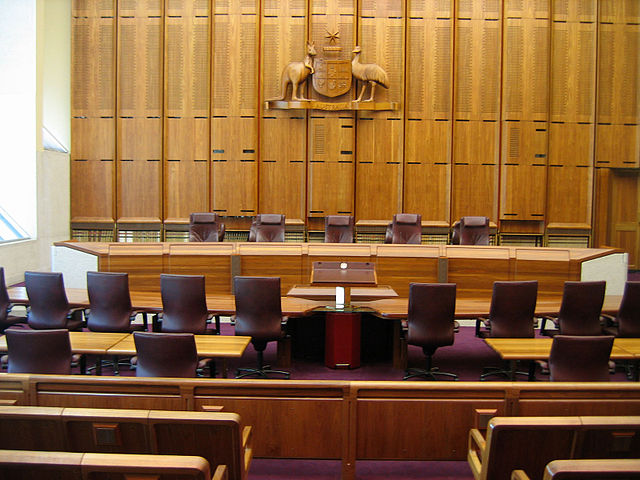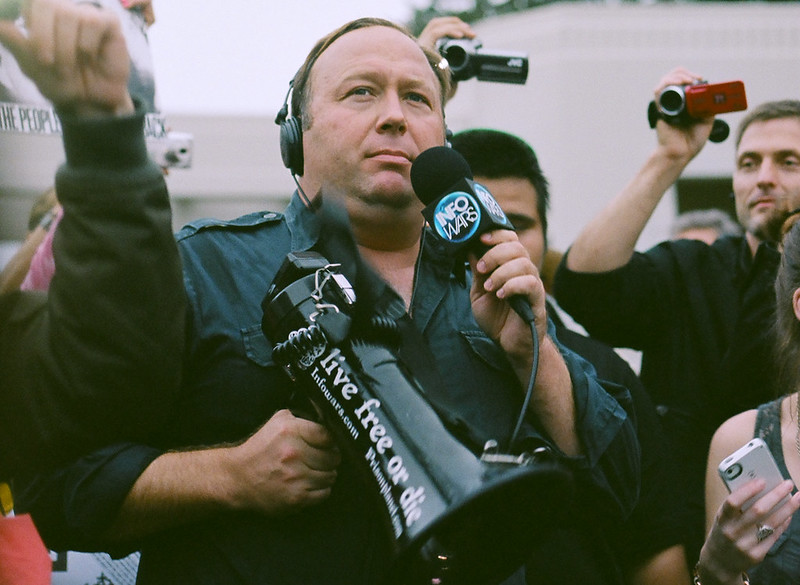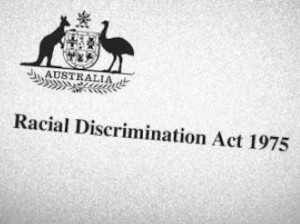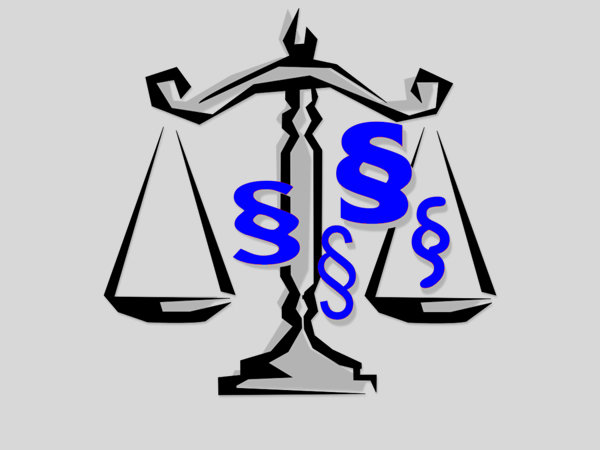
Explainer: Australian Journalism and the cost of defamation
Our law favours reputation over speech.

Our law favours reputation over speech.

Devine’s tweets question the viral video’s authenticity.

Defamation and the media’s role in it.

Our law favours reputation over speech.

Devine’s tweets question the viral video’s authenticity.

Defamation and the media’s role in it.

Alex Jones calls it a “joke”.

Our law favours reputation over speech.

Devine’s tweets question the viral video’s authenticity.

Defamation and the media’s role in it.

Brothers sue broadcaster for $3.7 million.

Hannah Tooley discusses the complex implications of discrimination and stereotyping in the media.

Delta Goodrem criticised Woman’s Day for making false accusations. Joely Mitchell asks if tabloids should be fact checking information.

Alyce Zawacki explains the legal intricacies of defamation on Twitter.

Jess Lorenzetto explains what awaits journalists if successfully sued for defamation in Australian civil law.
It might seem like a harmless humour, but satire has the potential to get people into serious trouble, as Max Williams explains.

Stephanie Rocca explains how a journalist could employ a defence to defamation to transform potentially defamatory material into a publishable report.
Think bloggers have freedom of speech? Think again. Katrina Thomson runs through some pointers on defamation law.
As the social media frenzy continues unabated, are journalists leaning too heavily on online sources? Giulio Di Giorgio chats with veteran public affairs educator and consultant Don Bates to find out.
Is the MEAA Code of Ethics too general for restaurant reviewers? Lisa Rosman talks to Ed Charles, food journalist and blogger extraordinaire about the tricks of the trade and the ethics of reviewing food.